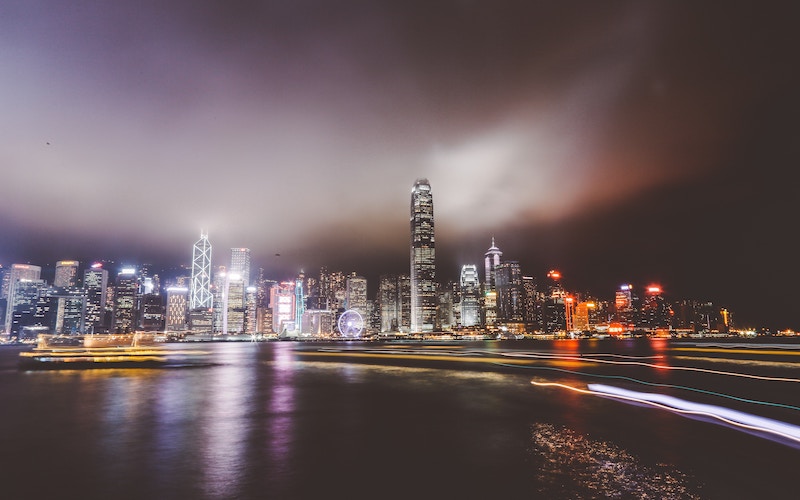Minimizing Hazards: Life on the Night Shift
Episode #9 of the course Build your best day by Dr. Kimberlee Bethany Bonura
Hello!
I’m not going to sugarcoat it. Working the night shift is bad for your health. The International Agency for Research on Cancer has declared shift work, which disrupts the circadian rhythms, as a probable human carcinogen [1]. Working through the night disrupts your hormones and may cause a variety of health problems. Even when night shift workers get eight hours of sleep, the disruption to the normal circadian rhythm of nighttime sleep and daytime awakeness can lead to health consequences.
For some individuals, including many critical professions such as police officers, firefighters, emergency room physicians, and nurses, the night shift is a necessary part of their professional obligations. Nearly 15 million Americans and about 20% of workers work through the night [2, 3]. The consequences can be significant; consider that ⅓ of firefighters suffer from sleep disorders and that heart disease and motor vehicle accidents (both of which can be connected to chronic sleep restriction and fatigue) are the two leading causes of death among firefighters [4].
If you have to work through the night, consider these strategies to at least minimize the hazards of night shift duty.
Consider Blue Light (and No Light When You Sleep)
Consider blue-light blocking glasses, particularly if your nightwork includes screen time (for instance, for nurses or other medical technicians working at night). This can help protect you against the negative effects that nighttime blue light exposure may have on your natural circadian rhythms and melatonin levels [5]. When you get off work, reduce your exposure to light on the way home as much as possible (for instance, wear sunglasses), and consider using blackout shades and white noise to create a calm, dark, quiet environment for sleeping that helps your body get the rest you need (even at 10 a.m. when your neighbor is mowing the lawn).
Regulate What You Can
If you work in a critical function night shift position, such as a firefighter, a police officer, or nurse, you can’t control the amount of work you do through the night, nor the level of physical or psychological intensity and focus required to complete your tasks. Control what you can, and create as much routine and regularity as possible. Be deliberate about when, how, and what you eat, and avoid using sugary snacks for energy—focus on whole grains, lean proteins, and antioxidant and nutrient-rich fruits and vegetables. You’ll get better energy, and your body will have more healthy nutrients to help combat the inherent physical stressors of working through the night.
Similarly, work with your employer to have as much consistency in your schedule as possible. Rather than rotating through day, evening, and night shifts, it may be better to have a consistent shift schedule, which will allow you to develop sleep/wake routines and times. Your body can manage predictability more than constant change. Build your schedule during off-time around your work schedule and your need for consistent sleep [6].
Restore and Recover on Days Off
Understand that working the night shift is inherently stressful and that you must use your days off to allow your body both psychological and physiological recovery. On your days off, make sure that you get a full night’s sleep (at least seven hours). Consider other proven strategies for stress recovery as important parts of your days off, including exercise, time outside in nature, and social interaction with friends and family [7]. Recovery is a key component of managing stress and preventing burnout [8].
Overall, working the night shift is a major stressor on both your physical and psychological health. Whenever your work or your family obligations require you to be up in the night, you must prioritize rest, recovery, and self-care in order to minimize the negative effects of circadian rhythm disruption.
Tomorrow, we’ll discuss the short-term sleep disruptions caused by travel and jet lag and more strategies for rest and recovery related to irregular sleep.
Recommended book
You Are a Badass by Jen Sincero
References
[2] Psychology Today: “The Night Shift”
[3] WebMD: “Sleep and the Night Shift”
[4] EMS World: “The First Responder’s Ultimate Guide to Sleep”
[5] Harvard Health Letter: “Blue Light Has a Dark Side”
[6] American Nurse Today: “How to Recover from Night Shifts”
[7] Psychology Today: “6 Proven Ways to Recover from Stress”
[8] Psychology Today: “How to Recover from Job Stress and Burnout”
Share with friends

